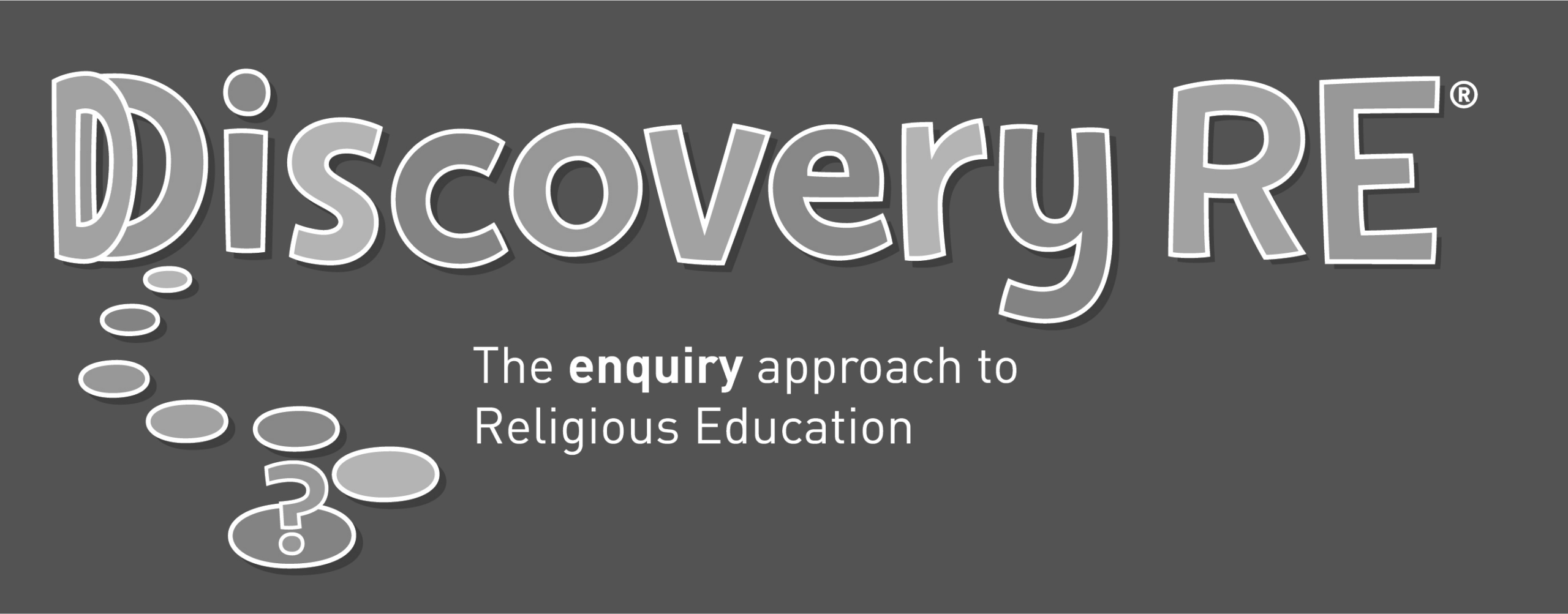Navigating the Exam System:
Insights on Exam Stress, Benefits, and Marking Debates Ahead of Results Day and the New Academic Year
Students and educators alike often brace for the inevitable results day. This pivotal moment is a culmination of months of dedication, revision, and assessments, and it brings with it a mix of anticipation, excitement, and anxiety. In this blog, we delve into the multifaceted world of exams, exploring the stress they generate, the benefits they offer, and the ongoing debates around marking and assessment accuracy.
Coping with Exam Stress
Exams are notorious for the stress they induce. Students often face immense pressure to perform, which can lead to anxiety and even burnout. Effective coping strategies are essential. Techniques such as structured revision schedules, regular breaks, mindfulness practices, and healthy lifestyle choices can significantly mitigate stress levels. It's also crucial for students to maintain a balanced perspective, understanding that while exams are important, they do not define their worth or potential.

Benefits of Exams
Despite their stress-inducing nature, exams play a crucial role in the academic system. They serve as a standardised method of assessing student knowledge and skills, providing a benchmark for academic performance. Exams encourage a disciplined approach to learning and revision, fostering a range of skills such as time management, critical thinking, and problem-solving. They also offer a sense of achievement and motivation, as students see the tangible results of their hard work.

Exam Techniques and Revision Tips
Success in exams is often linked to effective revision and exam techniques. Students should focus on active learning methods, such as summarising notes, teaching concepts to peers, and practising past papers. Techniques like mnemonic devices, flashcards, and mind maps can aid memory retention. Additionally, understanding the exam format and marking criteria can help students tailor their revision to maximise their exam performance.
The Importance of Academic Assessment
Academic assessment, through exams, is a cornerstone of the education system. It provides a measure of student learning and progress, informing both teaching strategies and curriculum development. Formative assessments, which occur during the learning process, offer valuable feedback and guide future learning. They provide opportunities for teachers to intervene and support improved student development and progress. Summative assessments, like final exams, evaluate cumulative knowledge and are often used for certification and progression to higher education or employment.
Teaching Strategies and Exam-Focused Teaching
Educators play a pivotal role in preparing students for exams. Effective teaching strategies include a blend of formative and summative assessments, interactive and engaging lessons, and a focus on developing higher-order thinking skills. While there is a risk of "teaching to the test," it is essential to balance exam preparation with fostering a deep understanding of the subject matter. Curriculum design should integrate exam requirements while promoting a broader educational experience.
Exam Marking and Accuracy
One of the most contentious aspects of the exam system is the accuracy and fairness of marking. Teacher assessments and standardised exam grading must strive for consistency and objectivity. Marking schemes are designed to ensure uniformity, but human error and subjective interpretation can sometimes lead to discrepancies. Ongoing training for examiners and the use of technology in marking are steps towards improving accuracy.

Teacher and Parental Support During Exams
Support from teachers and parents is crucial during the exam period. Teachers can provide targeted revision sessions, one-on-one support, and motivational encouragement. They should also be aware of signs of stress and burnout in students and offer appropriate interventions. Parental involvement, from creating a conducive study environment to offering emotional support, can significantly impact a student's exam experience.
Formative vs. Summative Assessment
The debate between formative and summative assessment continues to shape educational discourse. While summative assessments like final exams provide a conclusive measure of student achievement, formative assessments are integral to the learning process, offering ongoing feedback and opportunities for improvement. A balanced approach that incorporates both types of assessment can provide a more comprehensive picture of student learning and development. At the same time, because formative assessment happens during the learning process, it is an ideal opportunity to identify areas where students are struggling and offer support to improve.
Looking Ahead
As we approach results day and the start of a new academic year, it is important to reflect on the role of exams in our education system. While they present challenges, they also offer significant benefits, driving academic achievement and personal growth. Exams are an integral part of academic assessment. By fostering effective revision techniques, managing exam stress, and ensuring fair and accurate marking, we can help students navigate the exam system successfully and emerge with the skills and confidence they need for future success. A number of organisations offer guidance on coping with exam stress. Here is a link to guidance from the UK Government: A Guide for Students
At Educater, we are keen to understand and address the complexities of exam stress; we ensure that our systems support marking and interventions in a way that helps schools to reduce exam stress for both teachers and students. Marking of both formative and summative assessments is easy to input and to track. This gives teachers and school leaders instant access to a range of reports and detailed analysis that will enable them to target groups of learners or individuals who are falling behind their targets and need additional input to achieve the grades that they have been predicted. Evidence is also easy to upload to facilitate better communication with students and parents.
Schools can take some of the stress out of exam tracking with a system that is fully flexible and customisable to any curriculum or any group of students. Educater supports exam success!







